Multinationals Move R&D To China

On Wednesday, German German tire and car parts maker Continental AG joined the long line of multinationals who opened a R&D facility in China. The multinationals are way ahead of popular wisdom that technology is developed in the West and ripped off in the East. In reality, development has long left the building and has taken up shop in China.
Continental’s R&D center in northeast Shanghai will have 900 engineers working away by early next year. They will focus on the design and development of vehicle electronics. Shanghai Daily reports that Continental plans another technical center in the Jiading District if Shanghai which will do vehicle development and system testing. Not the stuff you do with a sledgehammer.
Automakers such as GM, Toyota, or (gasp) Mercedes have moved or are in the process of moving R&D and even design centers to the Middle Kingdom.
Actually, they are late. Other multinationals, such as Microsoft, Motorola, GE, Honeywell and a host of others have long moved large parts of their R&D to China. In 2003, the city of Suzhou already hosted 67 transnational R&D centers. The mouse you use to click this story, the screen it appears on, and the mainboard that processes the info most likely has not just been made, but developed in China.

Bertel Schmitt comes back to journalism after taking a 35 year break in advertising and marketing. He ran and owned advertising agencies in Duesseldorf, Germany, and New York City. Volkswagen A.G. was Bertel's most important corporate account. Schmitt's advertising and marketing career touched many corners of the industry with a special focus on automotive products and services. Since 2004, he lives in Japan and China with his wife <a href="http://www.tomokoandbertel.com"> Tomoko </a>. Bertel Schmitt is a founding board member of the <a href="http://www.offshoresuperseries.com"> Offshore Super Series </a>, an American offshore powerboat racing organization. He is co-owner of the racing team Typhoon.
More by Bertel Schmitt



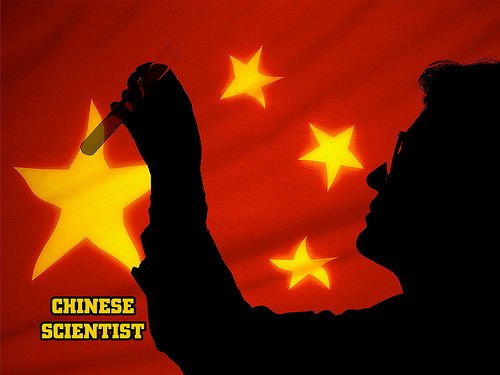















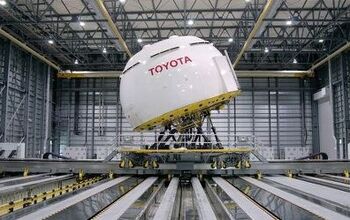
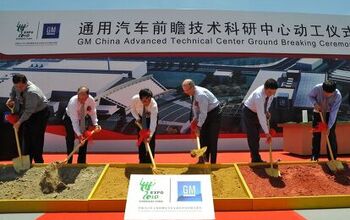
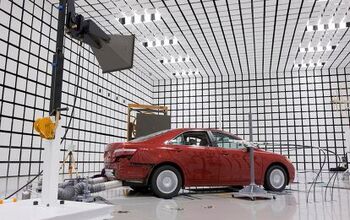
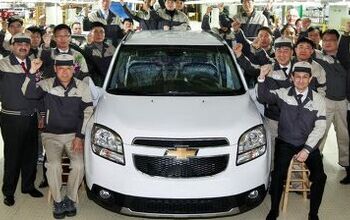
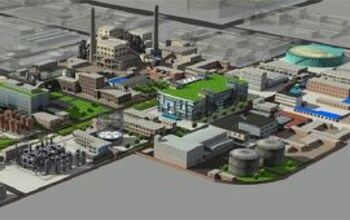










Comments
Join the conversation
Nobody's mentioned the huge imbalance in engineering degrees between the US and China! If information and processes can be codified and made modular, that task will then go to whomever can do it cheapest. China has a glut of engineers, so does India, therefore the work will go there. When the US gave everyone a high school education, that really meant something IN THAT ERA. Then we all had bachelor's degrees. And then, master's degrees. Now other countries are closing the knowledge gap. Why shouldn't they get the work? It's time for the US to ask itself what it wants to be. Are we consumers, or creators? If you ask me, we're great entrepenuers. Americans are very good at creating businesses. If you want your child to make it in this world, they have to know how to create value by leading people independent of anybody's location anywhere in the world. Global economy (eventually). Whatever CAN happen WILL happen, to paraphrase Thomas Friedman.
China has 4 times the population of America. Ergo, unless one is committed to racial stereotyping, 4 times the number of potentially talented engineers. Opening a research center in China does not mean closing one down anywhere else. If you want world class engineering, you just have to go where the engineers are. And, as China grows, there will be 4 times as many of them there as in America. The whole "China is going to relegate us to third world status", "race to the bottom" fear mongering is pure bunk, and makes no sense whatsoever. If some geek in China comes up with something nice, Americans will benefit as much as the Chinese does, as long as there's no barriers to trade. And if the Chinese can produce something cheaper than Americans are willing or able to, Americans benefit as much from the lowered costs as the Chinese does. If the Chinese do so by spending their lives inhaling toxic fumes and drinking poisoned water; well, I guess it sucks to be Chinese. Sad to hear huffing poison is the best alternative you have over there, but, if it makes a difference, thanks for sacrificing your lungs to get me a bigger flat screen. The sole reason most manufacturing employees in America are not seeing the advantages brought about by off shore manufacturing, is that we have a central bank, and a myopic "economics" establishment, who feel they have to react to the cheaper prices of imported goods by pumping newly printed money into the economy until the newly lowered prices are brought back to where they were (+2-5% annually) again. And the only mechanism they have for doing so, is to funnel all this newly created money to bankers, relying on the bankers to do all the price restoring bidding. So, from the point of view of the manufacturer, he gets to experience the full brunt of the lowered manufacturing salaries, but benefits not at all from the lowered goods prices that naturally would result from it. While the banker, of course, just gets lots and lots of new money to "increase aggregate demand" with. In other words, free trade and China is not the problem. Not at all. Instead, the problem is inflationary monetary policy, which could easily be solved by simply once and for all getting rid of the Fed and going back to a metals based currency. Then, everyone would get to experience for themselves the benefits of increased international competition on the prices of goods and services they consume.
So, who is going to manufacture cheap goods for China when the dragon grows into a semi-US? Guess they will turn to Africa for cheap labor.